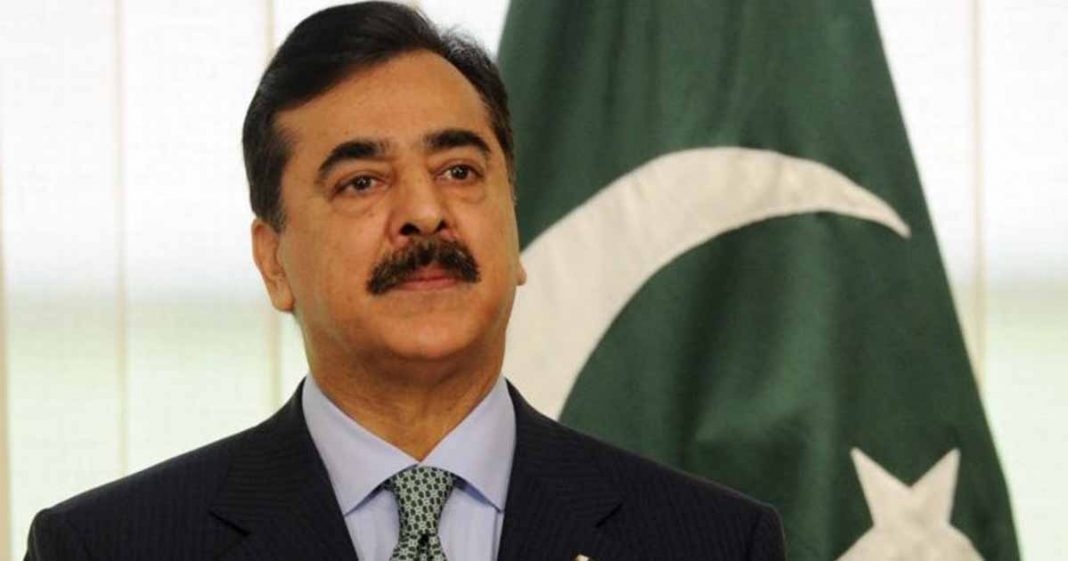Former Prime Minister Yousuf Raza Gilani secured his position as the chairman of the Senate in Pakistan, with no contenders challenging his candidacy. The election, presided over by Foreign Minister Ishaq Dar, marked a significant moment in the country’s parliamentary history.
Gilani’s election, unopposed due to lack of nominations from other candidates, highlighted the trust and support he garnered from the Pakistan Peoples Party Parliamentarians and the ruling coalition. His tenure as prime minister from 2008 to 2012 provided him with the experience and leadership required for the prestigious role.
Opposition Protest Amidst Senate Session
The Senate session, convened for oath-taking and election procedures, faced protest from opposition party members, particularly the Pakistan Tehreek-e-Insaf (PTI). The PTI objected to the session’s validity, citing the incomplete representation of the house due to postponed elections in Khyber Pakhtunkhwa.
Read More: Pakistan to Celebrate Eidul Fitr on Wednesday
Despite the objections, the presiding officer, Ishaq Dar, proceeded with the proceedings and administered oath to the newly-elected senators. The protest underscored the political tensions surrounding the election process and the opposition’s stance on procedural integrity.
Ruling Coalition’s Consolidation of Power
With Gilani’s election as Senate chairman and Syedal Khan Nasir as deputy chairman, the ruling alliance, led by the Pakistan Peoples Party and Pakistan Muslim League-Nawaz, cemented its authority over both houses of parliament. The successful election further strengthened the coalition’s position in shaping legislative agendas and policies.
Prime Minister Shehbaz Sharif’s appointment of Ishaq Dar as the leader of the House further solidified the ruling alliance’s control over parliamentary affairs. The alliance’s dominance in both the Senate and the National Assembly reflects its mandate to govern and enact reforms for the country’s progress.














